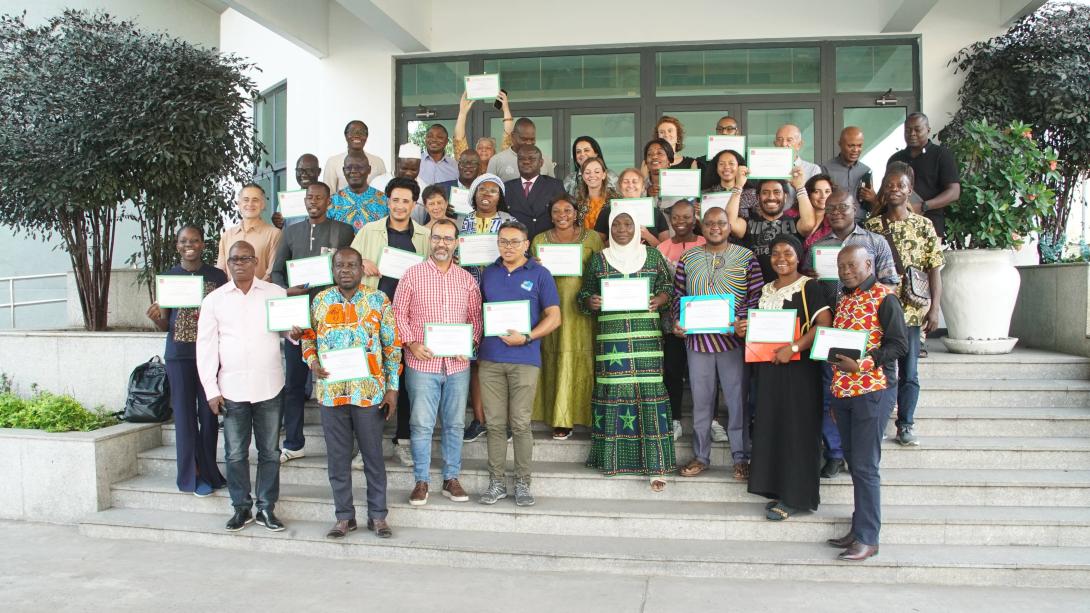

To harness and capitalise on everyone's skills, a key element of our strategy involves establishing Communities of Practices and Knowledge, particularly focused on children in street situations. Operational for the past seven years, this network of child protection aims to unite professionals from diverse partner organizations, fostering horizontal exchanges on matters related to youth support and reception. These annual exchange communities facilitate the sharing of practices, the generation of innovative educational solutions, and the development of new tools. Dealing with the complexities of caring for children in street situations requires educators to tailor their professional practices to meet the specific needs of each child. In addition to the traditional, in-person meeting held annually, since 2023, we have extended these meetings to include online sessions conducted three times a year. These virtual gatherings enable ongoing monitoring of collaborative work undertaken in groups.
Evolution over time
Initially designed for professionals to meet and exchange ideas on educational practices and tools in youth support, these communities have evolved. They now serve to maintain long-term connections among participants, fostering more profound bilateral exchanges. Implementing a thorough follow-up on the tools presented and utilized during the sessions allows for a better understanding of the impact of the new practices introduced during the sessions. Ultimately, the goal is to empower our partners to organize these meetings on a more local or regional scale, providing them with the flexibility to address cases and themes specific to their contexts.
Annual meeting organized in Congo-Brazzaville
Last October, 25 professionals from 11 different countries were brought together in the Republic of Congo. During a week, participants engaged in discussions centred around the theme of the "personalized journey of the child." The objectives of these discussions included grasping the significance of this approach, recognizing the challenges it presents, and exchanging information about the tools and methods employed by social workers in their respective structures.
Why a personalized journey of the child?
This question arises in connection with the quality of the support provided by our partners to children in street situations. Placing these young people in shelter centres goes beyond offering a protective environment; it also involves constructing an educational path conducive to their learning and personal development. Achieving this goal requires adapting the care provided to each child's specific educational needs. Throughout the week, our teams observed that most of our partners were already implementing this approach to individualized support. This realization facilitated fruitful exchanges, enabling the sharing of personal experiences and the development of common tools.
"Personally, I leave with numerous enriching exchanges and a sense of amazement. Despite the distance that separates us from one country to another, we share the same goal: to provide children with a better future and equip them with the tools to achieve it," remarked one of the participants.
We take pride in noting that this week not only created and strengthened bonds among our local partners but also functioned as an effective network. The event concluded with expressions of gratitude and emotion from all participants.